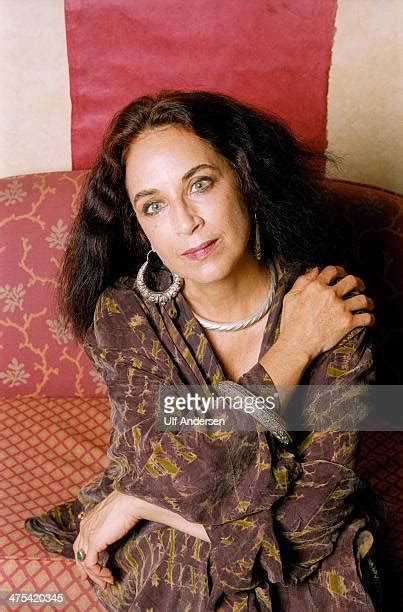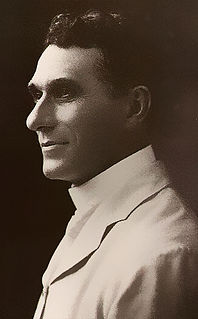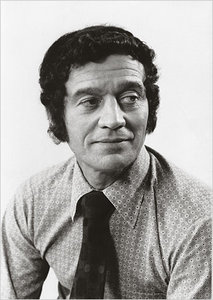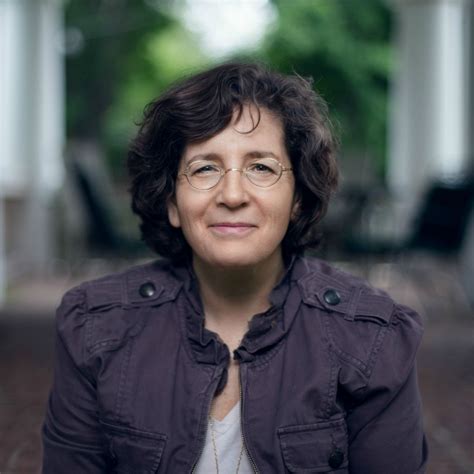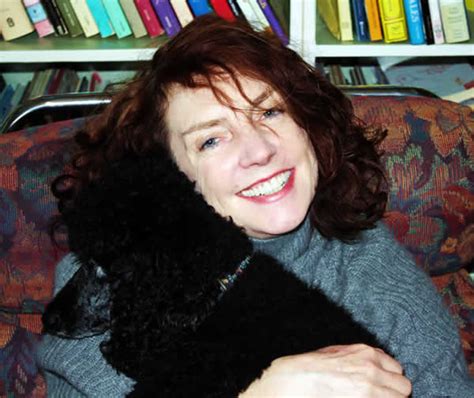A Quote by Joe Queenan
Book lovers are engaged with writers in a private communion that occurs in some vaporous cenacle of the mind.
Related Quotes
Because the Christian God is not a lonely God, but rather a communion of three persons, faith leads human beings into the divine communion. One cannot, however, have a self-enclosed communion with the Triune God- a "foursome," as it were-- for the Christian God is not a private deity. Communion with this God is at once also communion with those others who have entrusted themselves in faith to the same God. Hence one and the same act of faith places a person into a new relationship both with God and with all others who stand in communion with God.
But I also believe there is enormous value in the piece of writing that goes no further than the one person for whom it was intended, that no combination of written words is more eloquent than those exchanged in letters between lovers or friends, or along the pale blue lines of private diaries, where people take communion with themselves.
To Catholic, Orthodox, and some Protestant Christians, communion involves partaking of the physical real presence of God in the bread and wine of the Eucharist. By contrast, the Torah draws the Jew into engagement with God's infinite mind. Torah learning is the definitive Jewish mode of communion with God.
Maybe just as many women writers as male writers could be billed as the next great American writer by their publisher. Maybe book criticism sections could review an equal amount of female and male writers. Maybe Oprah could start putting some books by women authors in her book club, since most of her audience is women.
We laughed a lot and I grew warmer still, lovely and warm. I do realize that some of that warmth was due to the wine, but there was much more to it than that. There are two distinct aspects to Communion wine: one aspect is the wine itself, the other is the idea of communion. Wine is certainly warming, but communion is a great deal more so.
Book critics certainly are judges who wield a tremendous amount of power in terms of whether or not a book will reach a wider audience. That's one of the reasons why I try to give coverage to books written by Latinx writers; too many worthwhile works of literature do not get the kind of coverage they deserve, and I've certainly seen that with respect to books written by writers of color. But there are some wonderful, diverse writers out there who mentor and otherwise support those voices that often have been ignored by much of the mainstream press.



